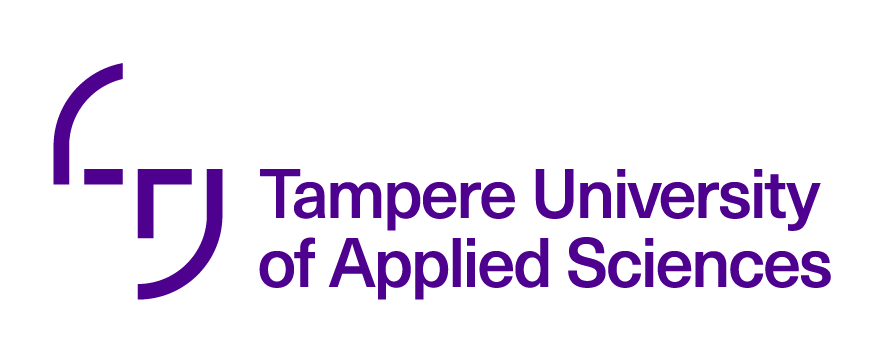Clinical Practice 4Laajuus (8 cr)
Code: 7F00GL34
Credits
8 op
Objectives
The aim of the course is to gain practical experience in physiotherapy.
Student
• can assess, analyse and make clinical reasoning of difficulties in a child’s /adolescent’s movement and functional ability and resources and can see a human as bio-psycho-social entity
• co-operate with other professionals participating in the rehabilitation of a child or adolescent
• are able to select and apply appropriate physiotherapy in a customer centred and family centred manner
• is able to document physiotherapy
• are able to act professionally
Content
• professional relationships
• professional co-operation
• documentation in physiotherapy
• appropriate and effective physiotherapy with children and adolescents in customer centred way
Prerequisites
In order to attend the module, the student has to have passed all the previous practical examinations.
Assessment criteria, pass/fail
Evaluation criteria, pass/fail:
A passed mark is the result of the student:
• structuring the causal relationships between physiotherapy-related phenomena and concepts
• being able to apply physiotherapeutic information as required by the situation at hand
• being able to identify signs of serious pathologies (red flags)
• being able to identify and take into account yellow flags related to psycho-social situations
• being able to justify their actions
• preparing carefully and systematically for situations
• giving and receiving feedback actively and constructively
• evaluating issues from the perspective of the client and their reference groups
• being able to act responsibly
• demonstrates readiness to develop their interaction skills
• behaving in accordance with the rules of the workplace and respecting clients
• being able to act ethically, economically and in a sustainable manner
• reviewing and evaluating their own professional development
A failed mark is the result of the student:
• not working sufficiently and the work is based on flawed information
• using information is limited and the critical hold is missing
• not changing activity despite feedback
• not preparing for situations and being unable to justify their actions
• unfulfilling of incompleting tasks entrusted to them
• not having spontaneity, and having low work interest or motivation
• lacking in co-operation skills
• having superficial self-assessment
• having difficulties receiving feedback
• endangering patient safety
• having unethical features in their actions
• behaving in an unprofessional manner
